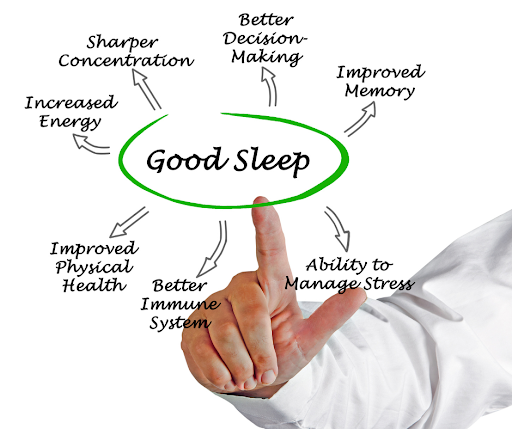Exercise is often associated with physical fitness, weight management, and overall health, but did you know that regular physical activity can also have a profound impact on your mental health? From reducing stress and anxiety to improving mood and cognitive function, staying active is one of the best things you can do for both your body and mind. Let’s explore how exercise can boost your mental well-being and help you lead a healthier, happier life.

1. Reduces Stress and Anxiety
Life can be overwhelming, and stress is an inevitable part of daily life. However, exercise is a natural stress reliever. Physical activity increases the production of endorphins, the brain’s feel-good chemicals, which help combat stress and anxiety. Activities like running, yoga, or even a brisk walk can significantly reduce stress levels and promote relaxation.
2. Enhances Mood and Fights Depression
Regular exercise has been shown to improve mood and reduce symptoms of depression. Physical activity stimulates the release of neurotransmitters like serotonin and dopamine, which play a key role in regulating mood. Studies have found that engaging in regular aerobic exercise can be as effective as medication in treating mild to moderate depression.
3. Improves Mental Clarity and Cognitive Function
Exercise doesn’t just benefit your emotions—it also sharpens your mind. Physical activity increases blood flow to the brain, enhancing cognitive function, memory, and concentration. Whether you’re studying for an exam or working on a complex project, incorporating exercise into your routine can help you stay focused and mentally sharp.

4. Boosts Self-Esteem and Confidence
When you exercise regularly, you not only feel better physically but also gain a sense of accomplishment. Achieving fitness goals, improving strength, and maintaining a healthy lifestyle can boost self-esteem and confidence, leading to a more positive self-image.
5. Promotes Better Sleep
Struggling with sleep issues? Exercise can help! Regular physical activity has been linked to improved sleep quality and better overall rest. Engaging in moderate exercise, especially earlier in the day, can help regulate sleep patterns, making it easier to fall asleep and wake up feeling refreshed.
6. Encourages Social Connection
Exercise can also provide an opportunity for social interaction, which is vital for mental well-being. Joining a fitness class, participating in group sports, or even walking with a friend can strengthen social bonds and provide emotional support, reducing feelings of loneliness and isolation.
Get Moving for Better Mental Health
Incorporating exercise into your daily routine doesn’t have to be complicated. Whether it’s a short walk, a dance session, or a structured workout, any form of physical activity can contribute to better mental health. Start small, set achievable goals, and find activities you enjoy—your mind and body will thank you!
At Your Lean Life, we believe in a holistic approach to well-being. Interested in learning more about how Your Lean Life can keep you stay active and positive? Our professionals are ready to assist. Contact Your Lean Life today!



